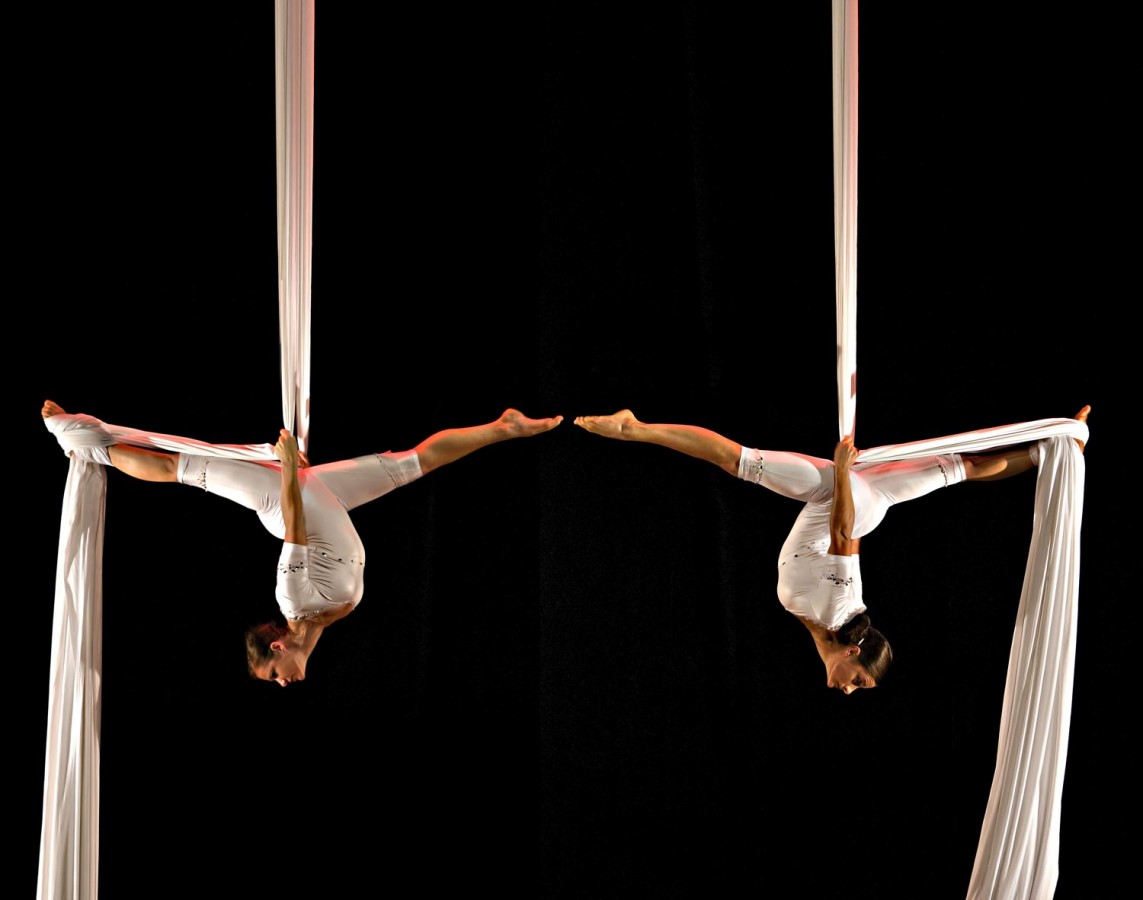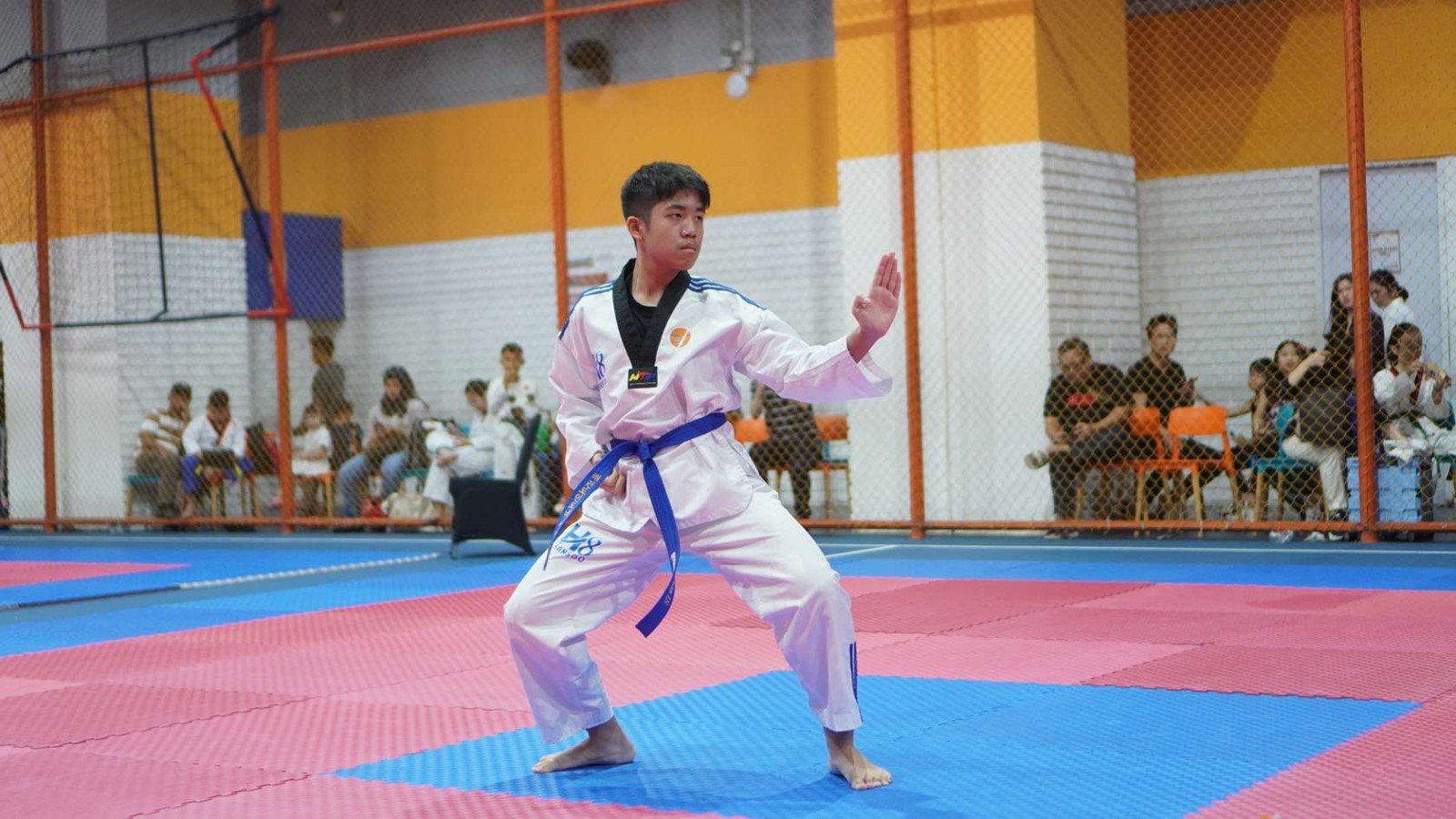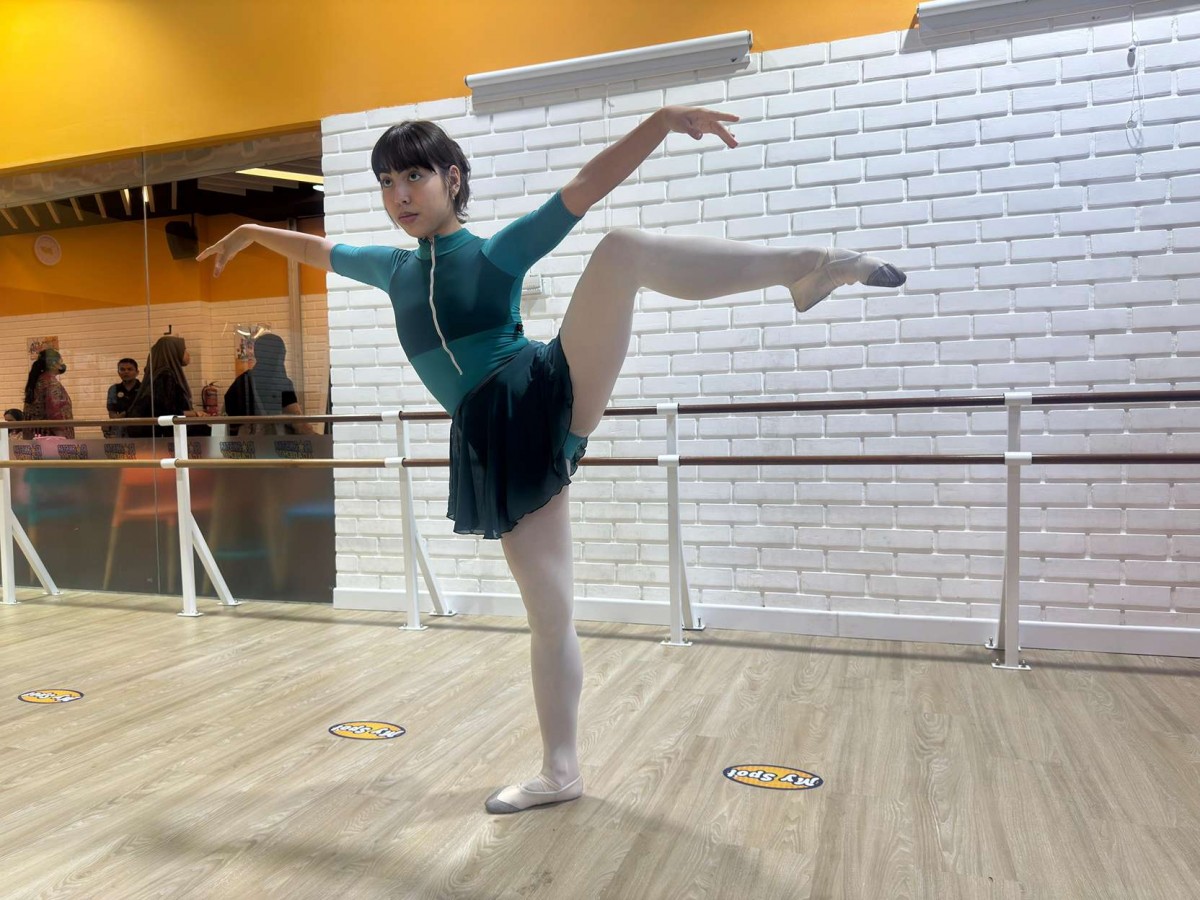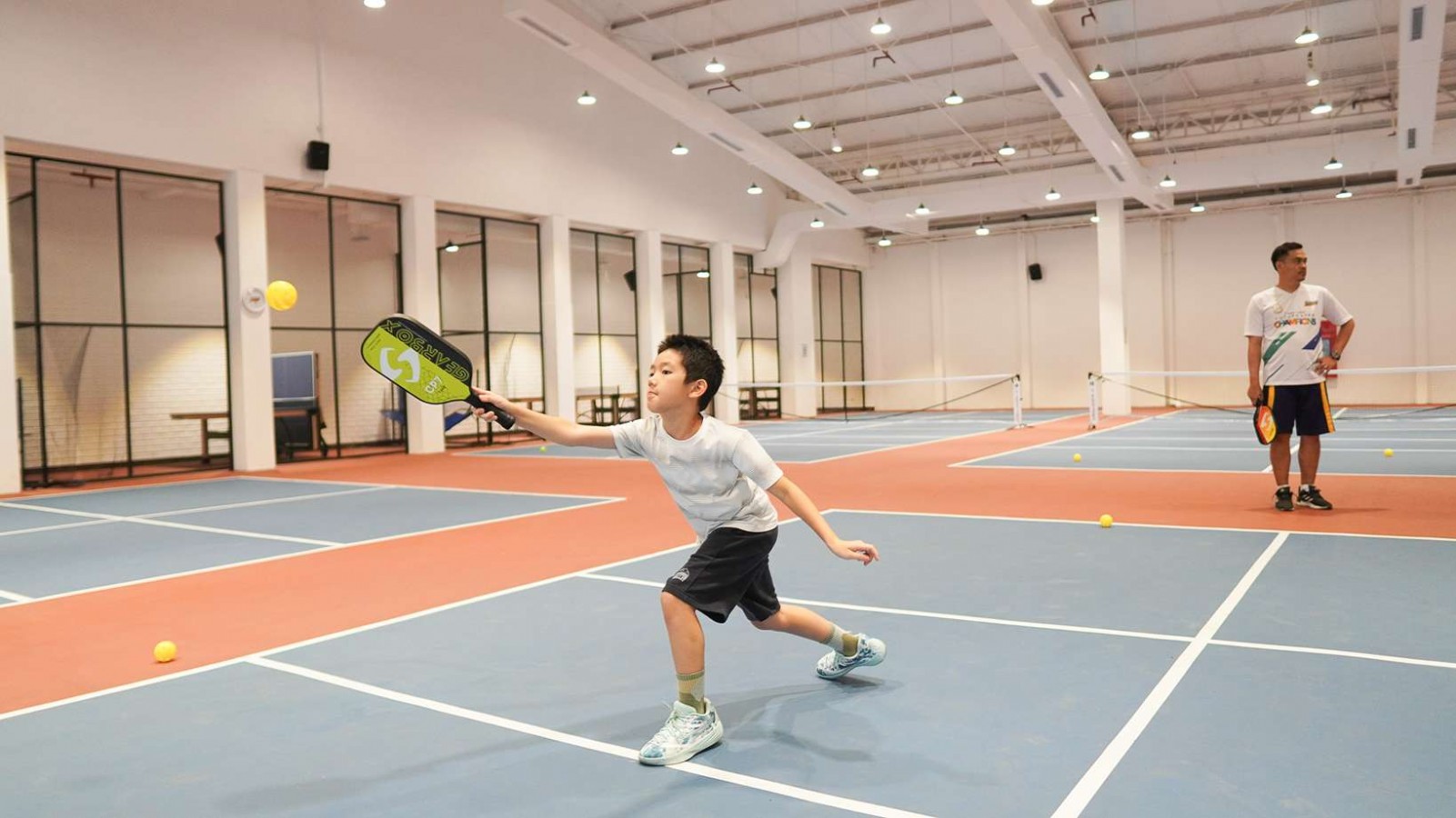Essential Tips for Mastering Aerial Gymnastics

You’ve probably heard of aerial gymnastics, it sounds thrilling, right? But what’s it really about? Picture yourself gracefully soaring through the air, combining strength, agility, and elegance to create jaw-dropping routines. It’s as mesmerizing as it sounds!
Mastering aerial gymnastics takes more than just courage but it’s also about perfecting technique, building confidence, and avoiding those all-too-common slip-ups.
In this article, we’ll dive into what aerial gymnastics is all about, its fascinating history, tips for nailing your aerial moves, common mistakes people make, and how to fix them to elevate your performance. Ready to fly high? Let’s get started!
What is Aerial Gymnastics?
Aerial gymnastics is a performance art that involves performing acrobatic routines on suspended apparatuses. It is one of the artistic gymnastics programs that portrays the beauty of elegant gymnastic moves.
The primary apparatus used are aerial silks (long pieces of fabric), trapeze (a horizontal bar suspended in the air), aerial hoops (also called lyra), and aerial straps.
Practitioners perform various moves such as splits, spins, drops, and balances while suspended in the air. The sport demands a combination of strength, flexibility, coordination, and a deep understanding of aerial techniques.
History of Aerial Gymnastics
Aerial gymnastics has a rich history dating back to ancient cultures, with early examples found in Mesoamerican rituals like the Aztec “Danza de los Voladores.”
In the 19th century, circus aerial acts began to gain prominence in Europe, with pioneers like Jules Leotard shaping modern aerial trapeze performances.
Aerial arts continued to evolve with the introduction of apparatus such as the aerial hoop and silks, blending athleticism and artistry.
Despite challenges in the 20th century, including the rise of cinema and world wars, aerial gymnastics thrived in new circus forms like Cirque du Soleil, which helped popularize modern aerial silks as a key element of 21st-century performances.
How to Do an Aerial Gymnastics Move
To perform an aerial gymnastics move, beginners should start by developing core strength, flexibility, and a solid foundation in basic movements. Here are some essential tips to help you get started:
1. Hit the Lunge Position
Begin by standing with your feet shoulder-width apart, one foot forward and the other foot back, in a lunge stance.
Ensure your core is engaged and shift your weight slightly forward. A short run-up before entering the lunge helps generate power and momentum for the move.
2. Initiate the Cartwheel
Start by swinging your back leg up, while reaching forward with your arms, mimicking the beginning of a cartwheel. Your leading leg will propel you into the aerial by generating upward momentum.
3. Push Off the Floor
As your back leg nears vertical, use your leading leg to push off the floor. The force from this push will keep you in the air as your legs rotate over your head. Use your arms and shoulders to help with the upward drive.
4. Lift Hips Skyward
Focus on thrusting your hips upwards while keeping your upper body straight. Extend your legs fully, forming a star shape similar to a cartwheel. Ensure your arms stay stretched out and away from your body for balance.
5. Spot the Floor
Maintain a neutral head position and keep your eyes focused on the floor throughout the move.
Spotting helps control the rotation and ensures you maintain balance and accuracy during the aerial.
6. Land on Two Feet
As your momentum carries you through the move, bring your legs back beneath you. The rear leg (the one that swung up) should be the first to land.
If your left leg leads into the aerial, your right leg will land first, and vice versa. Choose the leg that feels most natural for you.
Common Aerial Mistakes and How to Fix Them
While aerial gymnastics can be an awe-inspiring performance, it is common for beginners to make mistakes. Here are some typical mistakes and tips for correcting them:
A. Piking at the Hips
Piking occurs when you bend at the waist during the aerial, which makes your body appear bent instead of straight. To fix this, focus on driving your hips upwards as you lift off the ground.
Aim for your legs to travel directly over your head, not forward in front of you, ensuring a more controlled and straight form.
B. Under Rotation
Under rotating means you don't complete the flip or rotation fully, which disrupts the aerial’s flow and form.
To correct this, generate more power from your legs and use your arms aggressively to propel yourself upwards. This will help you rotate completely and achieve the proper aerial form.
C. Fear
Fear often leads to hesitation, and some performers may instinctively place a hand on the floor during an aerial.
If this happens, go back to a safer progression, like practicing one-handed cartwheels or using rebound equipment.
These steps will help build confidence and reduce the fear of committing to the full aerial.
D. Spotting Issues
Spotting refers to focusing on a fixed point while performing the aerial. Without proper spotting, it’s harder to control your rotation and landing.
To improve, keep your eyes on a specific spot throughout the skill. Spotting may take time to perfect, so practice consistently and be patient with your progress.
E. Landing Off Balance
Landing off balance can result in injury or loss of control. To fix this, ensure you absorb the landing impact through the full foot rather than just the toes.
Additionally, bend your knees to help absorb the shock and maintain a steady, controlled landing to stick to the finish.
Ready to Defy Gravity?
Aerial gymnastics is an awe-inspiring discipline that combines physical strength, artistic expression, and aerial acrobatics. Stay consistent with your practice, and remember, progress in aerial gymnastics comes with patience, dedication, and time!
If you're looking to take your gymnastics skills to the next level, Rockstar Academy's gymnastic program is the perfect place to start! Whether you're a beginner or an experienced gymnast, our expert coaches will guide you through every step, helping you improve your strength, flexibility, and technique.
At our Sports & Performing Arts Academy, we emphasize not only physical development but also mental focus and discipline. Plus, with Gymnastics Testing, RockOlympics and Gymnastics Elite Championships, you'll be able to track your progress and celebrate your achievements.
Our gymnastics program also has an incredible Dream Team. Perfect for boys and girls ready to level up their skills, this program is packed with 180 minutes of high-energy, action-filled training led by expert instructors.
Ready to jump in? Take advantage of our free trial class and experience all that our gymnastics program has to offer!
FAQ
How do I perform a one-hand cartwheel?
Start in a lunge position, shift weight onto your dominant hand, and kick your legs over your body while keeping your other hand in the air. Focus on pushing through your hand for balance and control.
What are common mistakes in aerial gymnastics?
Common mistakes include piking at the hips, under-rotation, fear leading to hand placement, poor spotting, and landing off balance.



